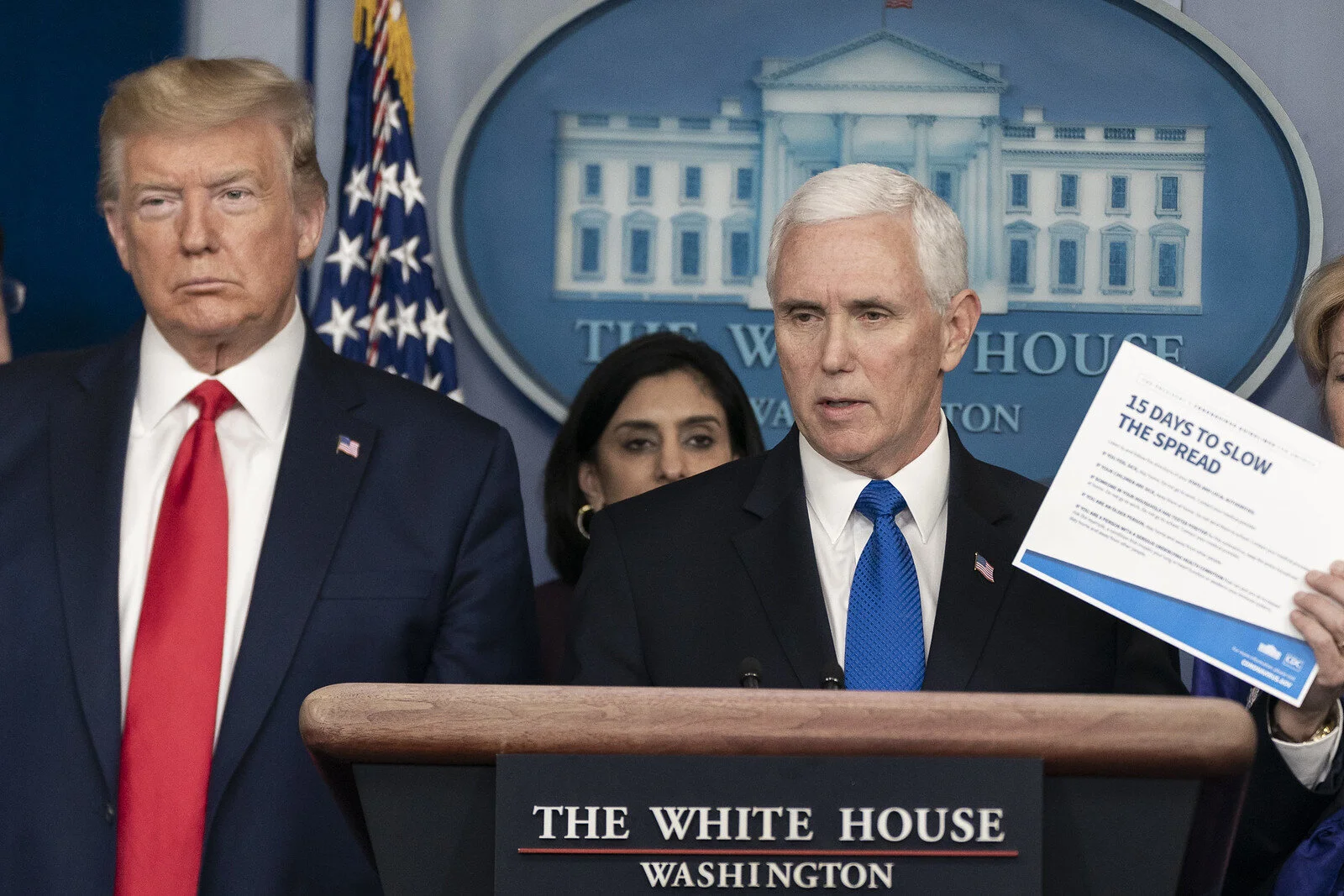The latest news and analysis from SPRI
Biden reneged on his campaign promise of stopping weapons of war from going to law enforcement agencies. Congress should pressure him to use his executive power to prevent further transfers of military hardware and recall combat gear from our streets.
U.S. objectives in Syria are unattainable. Syrian civilians will continue to suffer needlessly as the U.S. military occupies one-third of the country and Washington amplifies economic pressures in hopes that a favorable outcome will somehow materialize. This is cruel and counterproductive. To actually use their leverage in Syria, U.S. forces must withdraw.
War is an industry. Breaking down defense contracting for FY2020 shows exactly how the military industrial complex wins favorable policies, runs pressure groups and think tanks, and dominates the Pentagon — so it can eke out contracts to hand government jobs over to Corporate America.
In large numbers, congressional Democrats voted against amendments to shave 10 percent off the Pentagon budget. We break down the numbers and defense industry campaign contributions to show how the party’s fiercest “resistance” occurs along class, rather than partisan, lines.
Police reform proposals aim to change to a system that cannot be reformed. It must be dismantled. Critically, the trail of military equipment left in its wake must be removed from public life.
Both Democratic and Republican parties have fanned the flames of new cold wars with China and Russia. Pressure must be applied across the political spectrum to urge the U.S. to immediately reduce tensions and end this dangerous arms race.
The U.S. has repeatedly and ineptly failed the Syrian people. The Caesar sanctions convert the proxy war into an economic siege calibrated to punish Syrian civilians to coerce Iran. Rather than hastening the demise of Bashar Al-Assad, the sanctions will only bring about further hardship for ordinary Syrians.
Sixteen-time incumbent Eliot Engel supported the racist 1994 crime bill, building more prisons, and gutting public schools. His foreign policy is even worse. As House Foreign Affairs Committee Chair Engel stands in the way of a progressive foreign policy.
Speaker Pelosi asks “How do you pay for that” only for working-class priorities. Every year, Congress has the opportunity to right our broken spending priorities. Some try and fail. Others, like Pelosi, actively work to entrench inequality.
A better Congress requires electing leaders who will fight for the working class, and removing those who won’t. There is an opportunity to do both in Maryland’s 5th congressional district on June 2.
As essential workers bail out the country, Congress bails out (non-essential) corporations. The most promising candidates have now dropped out of the presidential race, yet Congress is still up for grabs. A better Congress is possible — and more important now than ever.
Capt. Brett Crozier won instant celebrity for speaking out for his crew. That should be commended. Yet the USS Theodore Roosevelt saga reveals America’s blind spot toward Guam and our colonial present.
COVID-19 pandemic is a national emergency. In that sense, it differs from the 34 active national emergencies. As it turns out, national emergency declarations are yet another way the national security establishment perpetuates working-class insecurity by ignoring crises of healthcare access, social mobility, student debt, and climate change.
Coronavirus is scary, and self-distancing will be difficult. But this can also be a time to build solidarity with friends and neighbors. We can also use it to reap a cultural and intellectual dividend. At SPRI, we’ll be using the lockdown to revisit our reading lists as we continue to develop new ideas to build a foreign policy for the left.
Adam Smith condemned Trump’s corruption, but as Smith’s own campaign warchest demonstrates, much of ‘national security’ funding has an afterlife propping up the campaigns of members of Congress who are friendly to the industry. The ranking Democrats’ impeachment inquiry was never about corruption per se, but rather about which forms of corruption ‘national security’ permits.
Israel receives more aid every three years than Palestine has in seven decades. This aid disparity is not the only issue; in reality, much of U.S. support to Palestine is — in effect — support to Israel. Crucially, U.S. policies that favor Israel and deprive Palestinians of basic rights the means of self-determination reflect a bipartisan consensus that long predates Trump.
There is good reason to dwell on the deliberate cruelty of foreign policy in the era of Trump. This would be a mistake. It is precisely the temptation to see these events as a historical discontinuity that must be resisted, lest we fail to understand the fact that in terms of substance, Trump’s approach to Palestine differs little from that of his predecessors in the White House and in Congress.
Unless the left doubles down on its positive climate vision, the military establishment will continue to use the emerging environmental cataclysm to grow its position as the indispensable frontline actor in the U.S.’s overall climate response.
The military’s perverse obsession with preserving inter-military relationships at all costs has turned what the military construes as a source of leverage into a glaring liability. Leaning on these relations may be the only way to prevent U.S. allies from undermining Sudan’s uprising.
Americans are fed up with American foreign policy. CAP sees this as a marketing problem, showing once again we can’t count on the national security establishment to deliver progressive solutions.
The Trump administration is making the public case the for war with Iran. For the second time in a generation, the media is failing to make the case against it.
The DOD’s Fiscal Year 2020 budget justification for security cooperation actively undermines transparency. It’s a symptom - and a function - of the broader culture of unaccountability perpetuated by the pursuit of ‘national security.’
With ISIS defeated in Syria, accountability for victims of airstrikes by the U.S.-led Coalition must be a priority. SPRI looks back on the Al-Badhiya strike that killed 150 civilians.
To change how the U.S. government prioritizes spending public funds, progressive organizations stand to benefit by integrating an anti-imperialist approach into their advocacy efforts.
Defense manufacturing may bolster force projection abroad, but it does little to support domestic workers. Despite the Pentagon’s claims of blue collar jobs-creation, defense spending produces fewer jobs than almost any form of federal spending.
The push to unseat Blue Dog Democrats must not neglect foreign policy. Henry Cuellar’s track record shows just how an international critique reveals the shortcomings of policies supported by reactionary Democrats.
The Brookings Institution proposes measures to redress Trump’s “egregious decision” to withdraw American troops from Syria. Their recommendations reveal exactly why the same national security establishment that mired the U.S. in the Syria conflict is fundamentally ill-equipped to bring that involvement to an end.
The obscure funding provision included in the House rules for the 116th Congress exemplifies the way ‘national security’ circles back to compromise working-class security.
Don’t miss SPRI’s Security Fallacy Handbook:
Too often, reporters and the public view defense contractors as a first line of defense in U.S. national security. This is a mistake. Defense corporations do have a cozy relationship with the Pentagon, yet they do not operate in the public interest. Their reason d’être is profit, and extremely profitable they are.
Reporters working the national security beat spill far more ink covering airstrikes and saber rattling public statements than the actual policies, economic conditions, and military practices that produce conflict.
Don't accept technical, militarized solutions to challenges that are actually environmental, humanitarian, or political































Afghanistan has been almost entirely absent from American media coverage. Unfortunately, US press interest in the war hasn’t correlated with civilian deaths.